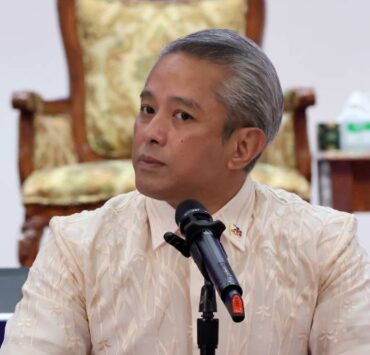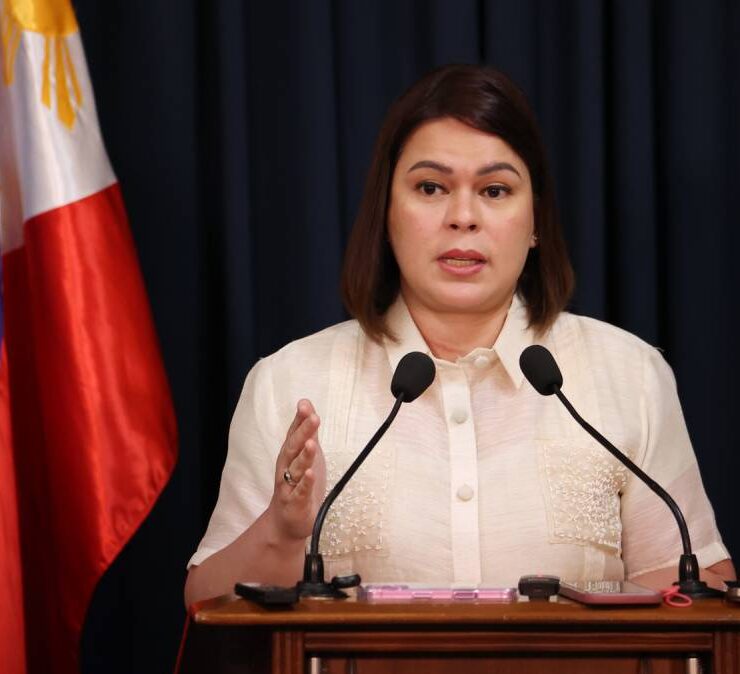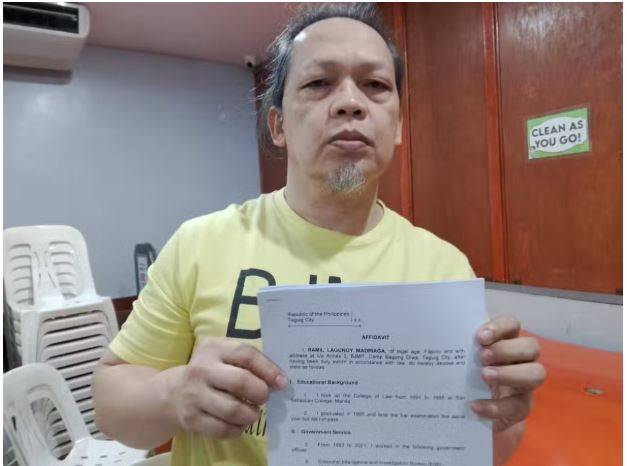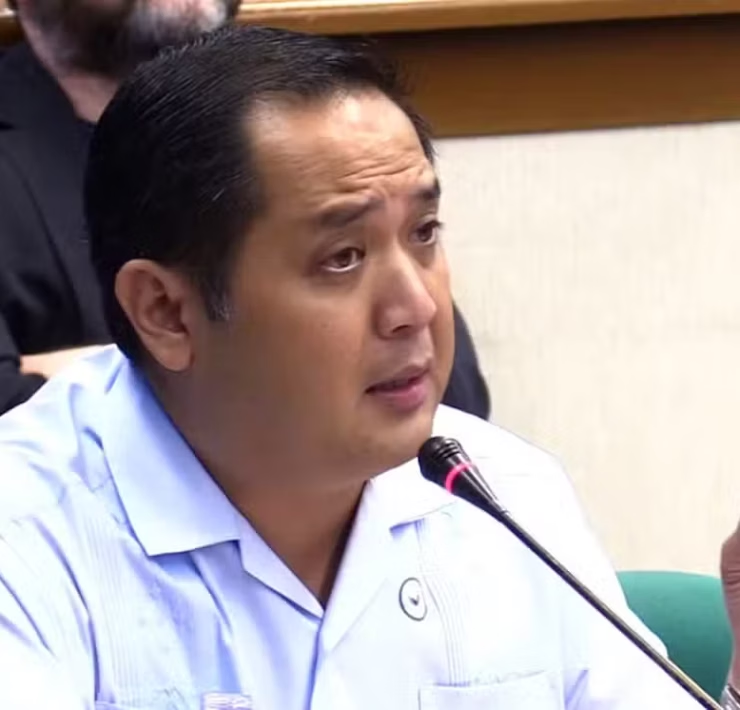Torre loses top PNP post after defying Napolcom
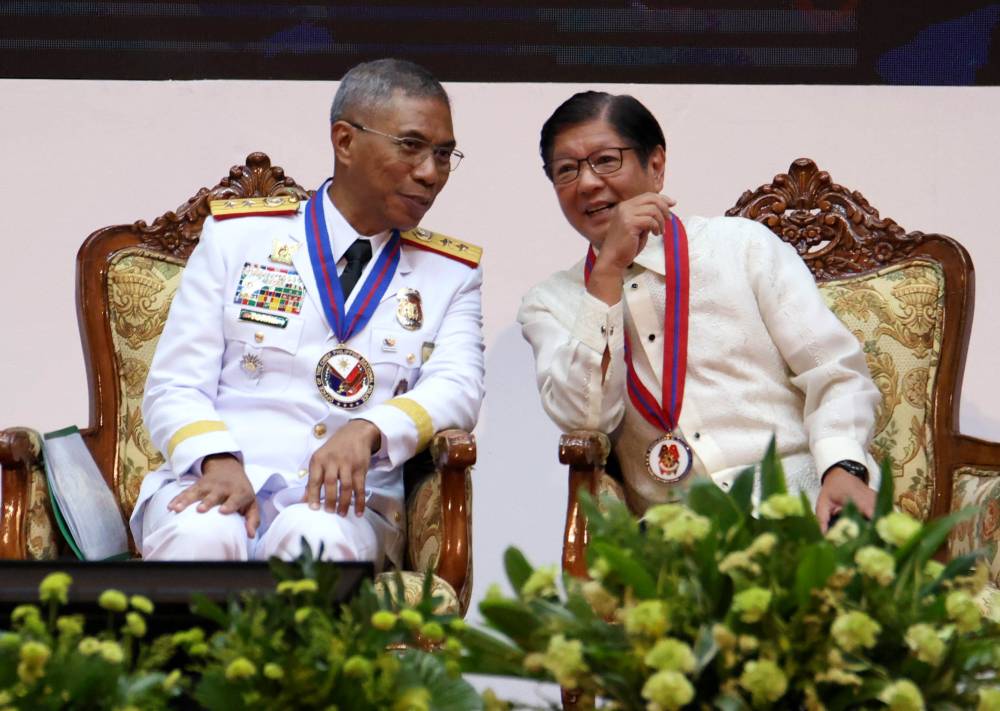
It was a knockout punch that Gen. Nicolas Torre III might not have seen coming.
Torre, once the toast of the town for leading the high-profile arrests of former President Rodrigo Duterte and televangelist Apollo Quiboloy, and more recently for “winning” a boxing grudge match against a Duterte scion, was relieved by President Marcos on Tuesday as chief of the Philippine National Police (PNP).
The general, who also made PNP history as the first alumnus of the Philippine National Police Academy to reach the top post, got the ax supposedly for overstepping his authority.
Torre’s term of office lasted for only 85 days, one of the shortest in the line of 31 PNP chiefs so far. The 55-year-old officer, appointed by the President on June 2, is due to retire in March 2027.
The decision to strip Torre of the PNP leadership came through a letter on Monday, which was confirmed by Malacañang only on Tuesday.
In the Aug. 25 letter signed by Executive Secretary Lucas Bersamin, Torre was informed that he was being relieved “effective immediately.” Bersamin later issued a memorandum recommending Lt. Gen. Jose Melencio Nartatez Jr., a member of the Philippine Military Academy (PMA) class of 1992, to replace Torre.
Interior Secretary Jonvic Remulla said Torre was “properly informed” of the President’s decision, noting that he made five phone calls to the erstwhile national police chief on Monday night but did not receive a response.
Torre had to yet comment publicly about the President’s decision at press time.
‘Difficult but necessary’
In a press conference on Tuesday at Camp Crame, Remulla said President Marcos “made the difficult but necessary decision to relieve [Torre] of his duties.”
“The President believes that his national security apparatus must always work within the framework of the law,” he added. “This was not an easy choice, but it was made in the national interest.”
“The President is committed to ensuring a unified direction and collaboration across all areas in his Cabinet, particularly those responsible for delivering security, peace, and order,” he added.
Pressed for an explanation on Mr. Marcos’ decision, Remulla said: “We are a country of laws and not of men, that the institutions must be larger than the people who run it. And in this case, the President saw it necessary that the institution of the PNP and the Napolcom (National Police Commission) be upheld as according to the spirit of the law as it was created.”
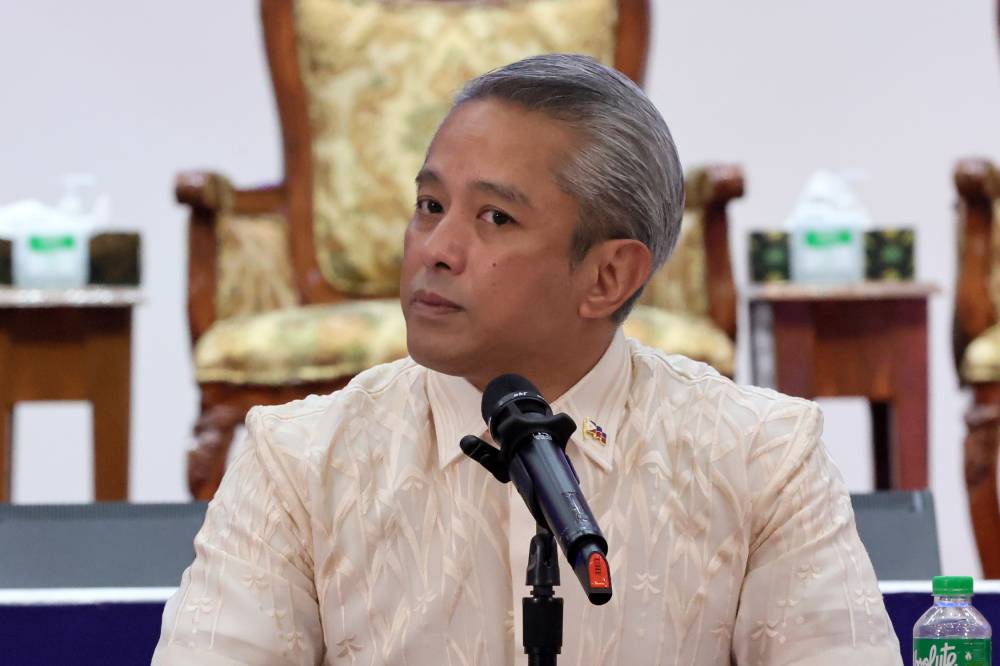
Remulla did not elaborate, but he mentioned Torre’s refusal to comply with the Napolcom order to back down with his recent reshuffling of top officials of the organization, including those leading the PNP Command Group.
The secretary of the Department of the Interior and Local Government (DILG) deferred to the Office of the President to explain the reason behind Mr. Marcos’ decision.
Reorganization
On Aug. 6, Torre issued an order reassigning 13 officials of the PNP, including the swapping of posts of Nartatez, then the second-highest official as deputy chief for administration, and Lt. Gen. Bernard Banac as Area Police Command Western Mindanao director.
Both Nartatez and Banac are members of the PMA “Tanglaw-Diwa” class of 1992.
In response, the Napolcom issued Resolution No. 2025-0531 on Aug. 14, directing Torre to recall his order. The Napolcom noted that the designations and reassignments of third-level officers — with ranks of colonel to general, who are all presidential appointees — require confirmation by the commission en banc, where Remulla as DILG chief sits as its ex-officio chair.
Torre didn’t budge and even received statements of support from the PNP’s regional offices and police units, as well as alumni of the PNPA.
In an Aug. 18 briefing, he downplayed the situation, saying the “administrative conflict” had been “closed” and “resolved internally” after a dialogue with the Napolcom.
According to Remulla, Mr. Marcos pushed through with the decision, despite clamor from Torre’s supporters within the PNP to retain him.
“This is precisely why we are doing this — because we want to take politics out of the equation. When you have issues arising, you must resolve it according to the rules of the institution,” he said.
Record clear
Remulla clarified that Torre did not violate any laws and that there are no administrative or criminal cases filed against him. “It is simply a choice of the President [to relieve him from his duties as PNP chief],” he said.
According to Remulla, he, Mr. Marcos and Torre had talked “several times” regarding the situation.
“The conversations were very candid and … there was no intensity to it. And it didn’t lead to anything more than conclusions after that,” he said.
The President, Remulla said, was “very fond” of Torre.
“In his brief tenure as PNP chief and even before as CIDG (Criminal Investigation and Detection Group) director, General Torre and the President have had a wonderful and productive relationship. However, there comes a crossroads in a president’s decision-making that he has to make the tough but necessary decisions to push his agenda forward,” Remulla said.
Torre was also mentioned by President Marcos in his State of the Nation Address in July, ribbing the then PNP chief as the country’s latest sports icon
after winning, by default, a scheduled boxing match with acting Davao City Mayor Sebastian Duterte. Torre took up the challenge of Duterte, son of the jailed former president, to a fistfight which the police official proposed to be turned into a charity boxing match to raise funds for flooding and typhoon victims last month.
Duterte, however, was a no-show as he was out of the country, resulting in Torre winning the bout by default. The charity event raised over P20-million worth of cash assistance and relief items that were turned over to the Department of Social Welfare and Development and the Philippine Red Cross.
Remulla said the President may keep Torre in government after his relief.
New leader
According to PNP insiders, Torre was not the top choice among the contenders to be the 31st PNP chief to succeed Gen. Rommel Marbil after his term was extended to June 7. Nartatez, an Ilocano like the Marcoses, was considered to be the “real PNP chief in waiting” as he was supposedly the original top choice.
But Torre, then CIDG director, gained popularity as he got involved in high-profile cases, including the arrest last year of Kingdom of Jesus Christ leader Quiboloy, who is on the FBI’s most-wanted list for alleged child sex trafficking, and the serving of the International Criminal Court’s warrant of arrest on former President Duterte in March.
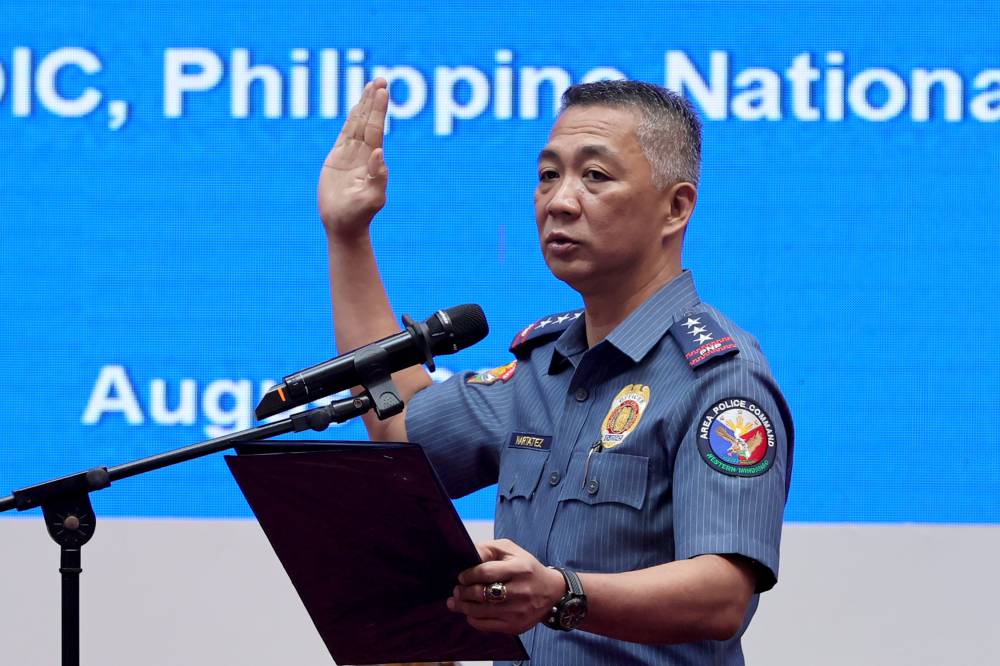
Speaking to reporters after taking his oath as PNP officer-in-charge (OIC) at Camp Crame on Tuesday, Nartatez said his assumption was part of the regular chain of command.
“The Philippine National Police is a dynamic organization. We are covered by orders, we are covered by policies,” said Nartatez. “As a fine Filipino public servant, sometimes as a soldier, we just follow orders. This is a general order.”
He dismissed speculations about internal conflict in the PNP. “I don’t find any conflict or ‘away.’ We follow orders,” he said.
Fresh orders
The DILG said the President had instructed Nartatez and Remulla to present within a month a comprehensive citizen security strategy plan aimed at strengthening police visibility nationwide.
Nartate vowed to continue Torre’s projects, particularly reforms in community policing and the PNP’s enhanced response time program.
He said he would focus on crime prevention, cybercrime, antidrug operations, and integrity reforms as he assumes leadership of the 232,000-member national police force.
He also promised to “weed out rogues in service” to gain the trust and confidence of the community.
Earlier posts
Nartatez served as Ilocos Norte provincial police director from 2016 to 2018.
In September 2020, he was designated acting executive officer of the Directorate of Research and Development.
Two months later, he was reassigned to the PNP Finance Service as its director, switching places with Brig. Gen. Rex dela Rosa. He held the position until August 2022, when he was named as regional police director of Calabarzon (Cavite, Laguna, Batangas, Rizal, Quezon).
He assumed the post of Director of the Directorate for Comptrollership in April 2023 and held it only until May 3, when he became OIC of the Directorate for Intelligence.
A month later, in June, he was appointed acting regional director of the National Capital Region Police Office, replacing Maj. Gen. Edgar Alan Okubo.
He held the position of NCRPO chief until October 2024, when he was named PNP deputy chief of administration, the second-highest position in the PNP. —REPORTS FROM DEXTER CABALZA, JASON SIGALES, LUISA CABATO, GABRYELLE DUMALAG, AP AND INQUIRER RESEARCH














